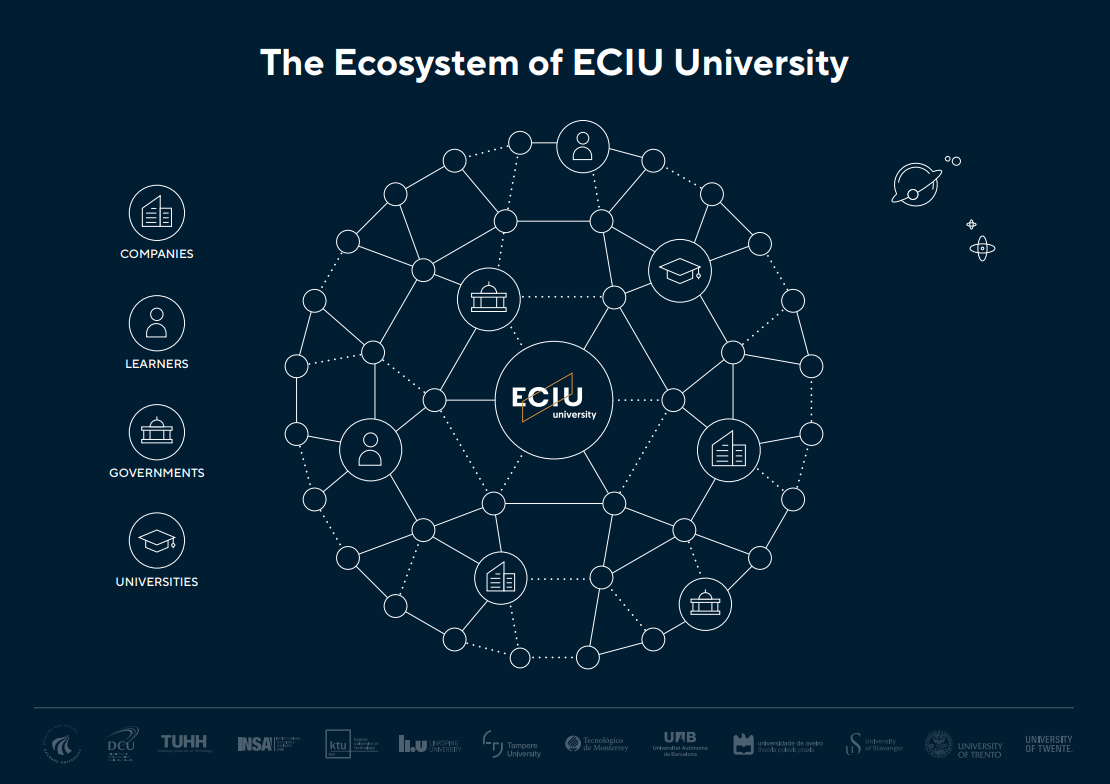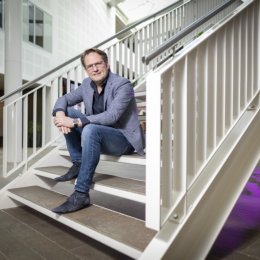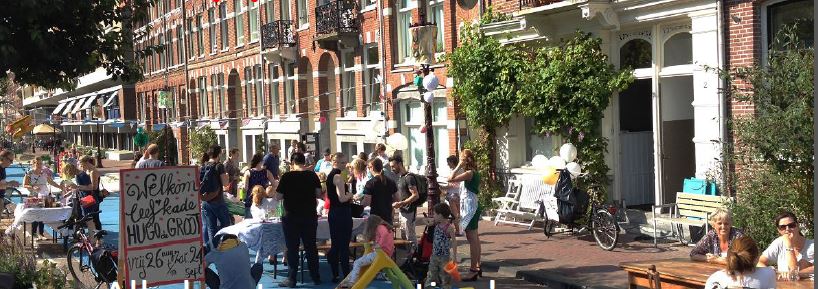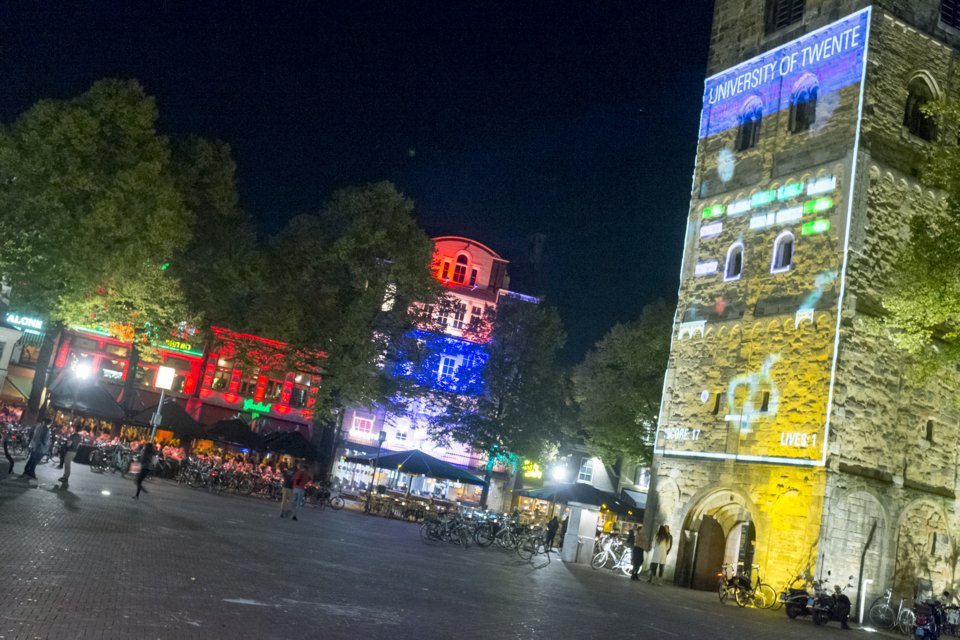an organizational problem? UT would be happy to help
Complex social and industrial problems dealing with such issues as digitisation, sustainability and the circular economy often have multiple possible solutions. A creative, interdisciplinary and broad-based vision is needed to come up with intelligent and surprising new approaches. By actively deploying students from different disciplines and different European universities, in collaboration with public and private partners in the professional field, more sophisticated solutions can be found that generate greater impact.
The University of Twente — in partnership with its European sister universities — has started offering a new learning pathway. In the challenge-based learning pathway, interdisciplinary teams of (international) students partner with external organisations to work on complex social and industrial problems. The University of Twente is looking for companies and institutions who want to make an active contribution to this new learning programme by inviting our teams to work collaboratively on their complex problems to find creative solutions.
Marike Boertien from Novel-T is involved in this. ‘I think it is cool to see the chemistry between the challenge partners and the students develop. For example, they spend one hour each week sparring about the concepts. As a result, a special bond develops between both parties.’ As a UT lecturer, Raymond Loohuis is enthusiastic about CBL and is closely involved with ECIU University, a new alliance of European universities of which UT is a partner and where challenge-based learning is at the educational heart. ‘We see challenges as an opportunity to build a long-term relationship with parties outside UT.’ Boertien adds: 'We would like to show that we are developing new ways of working together, in addition to regular research and education. If you have an issue, we will look at it and see what opportunities are there for collaboration with students. In this way, UT is easily accessible, and we would definitely like to get in touch with challenge partners.’

How does it work?
An organisation presents us with their challenge or problem. Student teams (between 3 and 5 students) then go to work. The team first comes to a precise problem definition — their challenge — in dialogue with your organisation. They work on the challenge in close collaboration with members of your organisation for a period of 4 to 15 weeks, depending on the scope of the problem, in search of a realistic solution. The student teams are actively supported by specially trained lecturers and researchers drawn from various academic disciplines at UT and from its international partners. Boertien: 'We ask the challenge partner to adopt an active attitude. Students need a lot of background information because the issues on which they work are complex, often on a conceptual level. Collaboration involves regular sparring. We often see students 'swim around' first. After that, they have a lot of questions. And these questions are directed at the challenge partners: how would they solve this? Students and challenge partners acquire all kinds of knowledge, and a firm collaboration between the parties develops.'
Interested? Apply now
You can apply to become a partner by sending an email to our challenge coordinator Marike Boertien (m.boertien@utwente.nl). Please include a brief description of the problem. Marike will get in touch with you to discuss matters further.
These challenge providers preceded you





